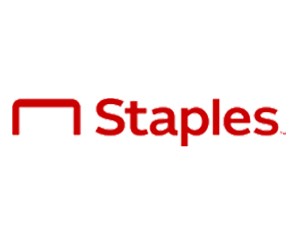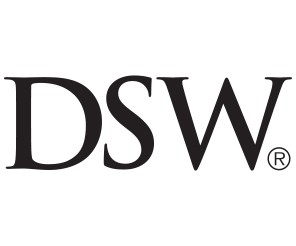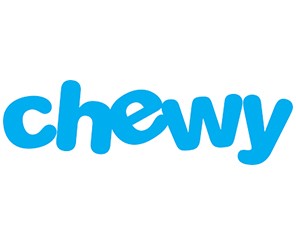US Markets Loading...
h
m
s
Donald Trump is set to have his highest-stakes legal battle today
Donald Trump is asking the Supreme Court to recognize that he had total legal immunity as president.
PR firms are running execs' LinkedIn profiles — and turning ghostwriting into big business
As LinkedIn grows in popularity, big PR firms now offer services to help execs build their presence on the platform and become influencers.
Mark Zuckerberg thinks AI is Meta's future. Not everyone is convinced.
Meta's plans to keep spending "aggressively" on AI research seems likely to test investors' patience despite Zuck's promises of revenue gains.
Millennials are suddenly rich
It turns out that, after killing off brands and choosing avocado toast over homeownership, millennials are getting wealthy.
Video
New Episodes This Week
I quit medicine for an entry-level corporate job. I felt behind but didn't have the passion to become a low-paid doctor.
A medical student in the UK switched to a corporate career because of low pay and stress. She's found a better work-life balance working in HR.
A centenarian who starts her day with gentle exercise and loves walks shares 5 longevity tips, including staying single
Centenarian Joyce Preston has filled her 100 years with singing, traveling, and friends. Here are her five longevity tips.
After working in the food industry for years, here are 7 things I wouldn't buy at Trader Joe's — and what I'd get instead
I've spent years as a line cook and food reporter. There are some things I'd never buy at Trader Joe's but there are others I love instead.
I got my dream job at Apple on my fourth attempt. Here's why I left the 6-figure job after only 2 years.
A software engineer landed his job at Apple by showcasing his side hustles – then left to pursue running them full-time.





